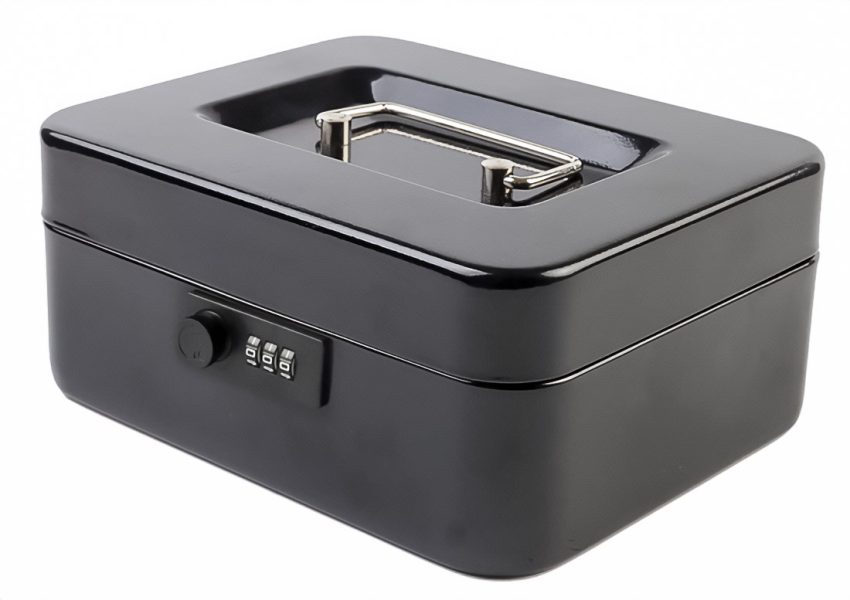Dubai has long been accustomed to innovation, but the storage of digital wallets and cryptographic keys is becoming a topic of special importance. The growth of cryptocurrency transactions is impressive: more than $30 billion has passed through the country in just one year, and the number of traders has increased by 166%. At the same time, the study showed alarming statistics. 67% of UAE residents worry about the safety of valuables, and 54% do not have a safe at all. This indicates a growing demand for smart safes with biometric authentication and integration into IoT systems.
Hot wallets are convenient, but too vulnerable. They are suitable for fast transfers and daily operations, but private keys in online access easily become the target of attacks. Cold storage is safer: hardware devices and offline mode minimize risks. New generation custom safescombine both methods, creating a secure environment where keys are stored under encryption and two-factor authentication, and access is granted only to owners with biometric confirmation.
Regulation has also become the foundation of trust. In 2022, the Virtual Assets Regulatory Authority was established, which introduced clear AML and KYC standards. This made it possible to control transactions with virtual assets, especially in real estate. Half of the transactions in Dubai in 2024 were paid in cryptocurrency. To minimize risks, smart contracts are used that fix the price in dirhams and transfer to stable coins before registration. Thus, the smart safe at home is a continuation of the global asset protection strategy.
The global safe deposit box market is growing steadily. From USD 9.22 Billion in 2024 and is projected to reach USD Billion in 2025, growing further to USD 11.94 Billion by 2033. With the rapid development of the UAE, such devices are no longer a luxury item. They are becoming part of the architectural standard: the protection of digital wallets is complemented by smoke, gas and humidity sensors, remote monitoring and control via a mobile application. Owners can set time codes, see activity logs, and even control tenant access.
Do not forget about tokenization. The first government program allowed people to buy a share of an apartment in Business Bay for only 2000 AED, which is approximately 545 dollars. At the same time, the property itself was valued at 2,890,000 AED, and the actual purchase was made for 2,400,000 AED, which gave a 17% benefit at the start. This fractional ownership format is becoming a reality, but it requires impeccable protection of tokens and keys. Once again, smart safes with cold storage modules come to the fore.
Home safeboxes are integrated into smart homes. They connect to IoT ecosystems, have backup power, and support cloud storage of logs. Biometric authentication, two-factor protection, and encryption create a multi-layered security system. The owners can manage it remotely, whether from London or Singapore. For digital nomads, premium villa investors, and renters, this is a key argument when choosing a home.
Protecting cryptographic keys and digital wallets in the UAE is not just a matter of technique. This is part of a holistic strategy that combines blockchain, VARA regulation, smart contracts, and smart safes. Dubai reconfirms its status as a leader: security is now embedded in the very concept of home and investment.

I graduated from the California Institute of Technology in 2016 with a bachelor’s degree in software development.
